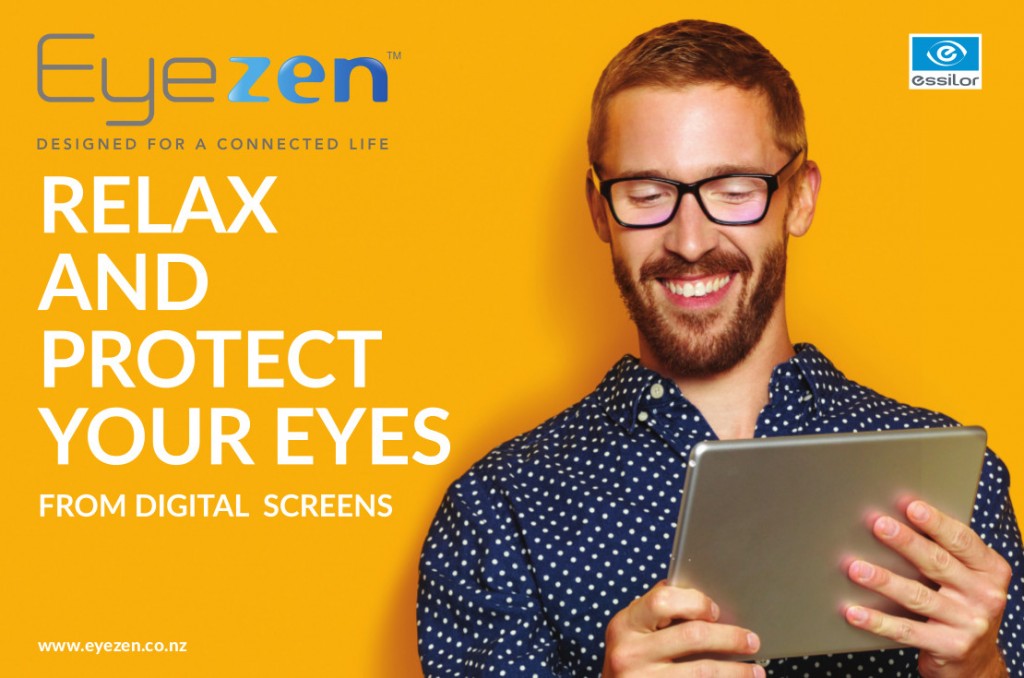Blue light is everywhere, with the sun being a major source of blue light. Now it’s important to note that not all blue light you are exposed to on a daily basis is bad.
In fact, some blue light exposure is good for our health as it helps to:
- Increase your alertness
- improves your memory and cognitive functions
- Elevates your mood
- Regulates your circadian rhythm which is your sleep/wake cycle
But with the increasing use of blue light emitting technology we are being exposed to increasing amounts of man made sources of blue light including:
- Florescent and LED lighting
- Flat screen televisions
- Tablets
- Smart phones
- Computer Screens
- Electronic notebooks
If you are exposed to too much ultraviolet (UV) and blue light bands over time it can have a damaging effect on your eyes and can lead to:
- Painful inflammation of the conjunctiva and cornea
- Damage to the eyes crystalline lens resulting in the development of cataracts
- Damage to the retina at the back of the eye which increases your risk of macular degeneration
- Disruption to your sleeping patterns leading to sleepless nights and daytime fatigue
- Digital eye strain
Why does blue light have such harmful effects to the eye?
- Unlike UV radiation, almost all of the visible blue light can pass through your cornea and lens to reach the back of your eye (the retina).
- As the blue light reaches all the way to the retina, prolonged exposure can lead to damage to the light sensitive cells located in the retina.
- Over time this can lead to the development of macular degeneration which can cause permanent vision loss and blindness.
Is there anything I can do to reduce blue light exposure?
The good news is that new lens technology has been developed by Essilor that help to reduce the amount of blue light entering your eye and therefore can be protective against the harmful effects that blue light can have over time.



